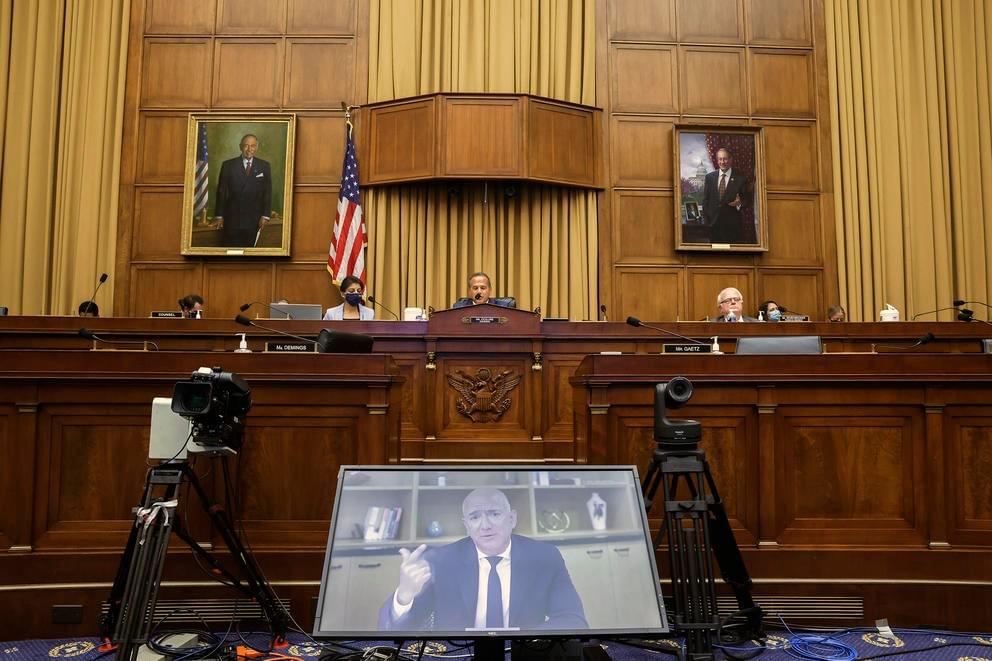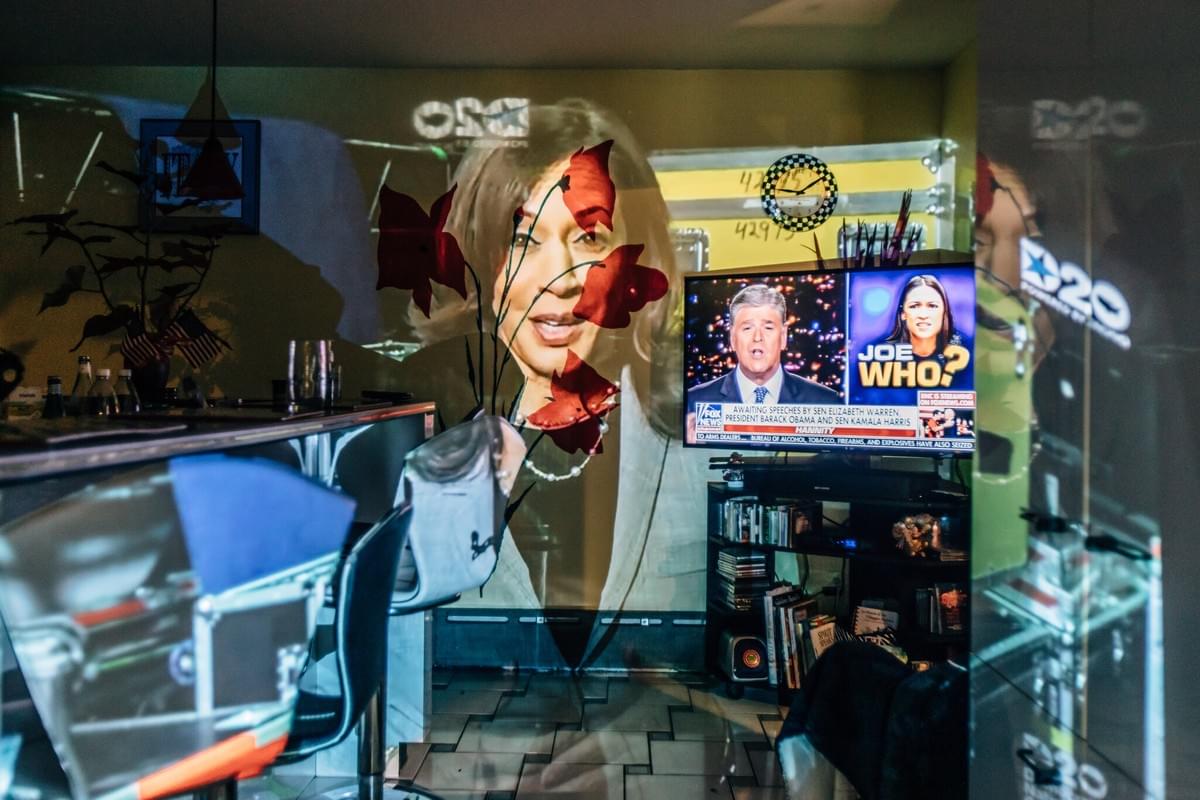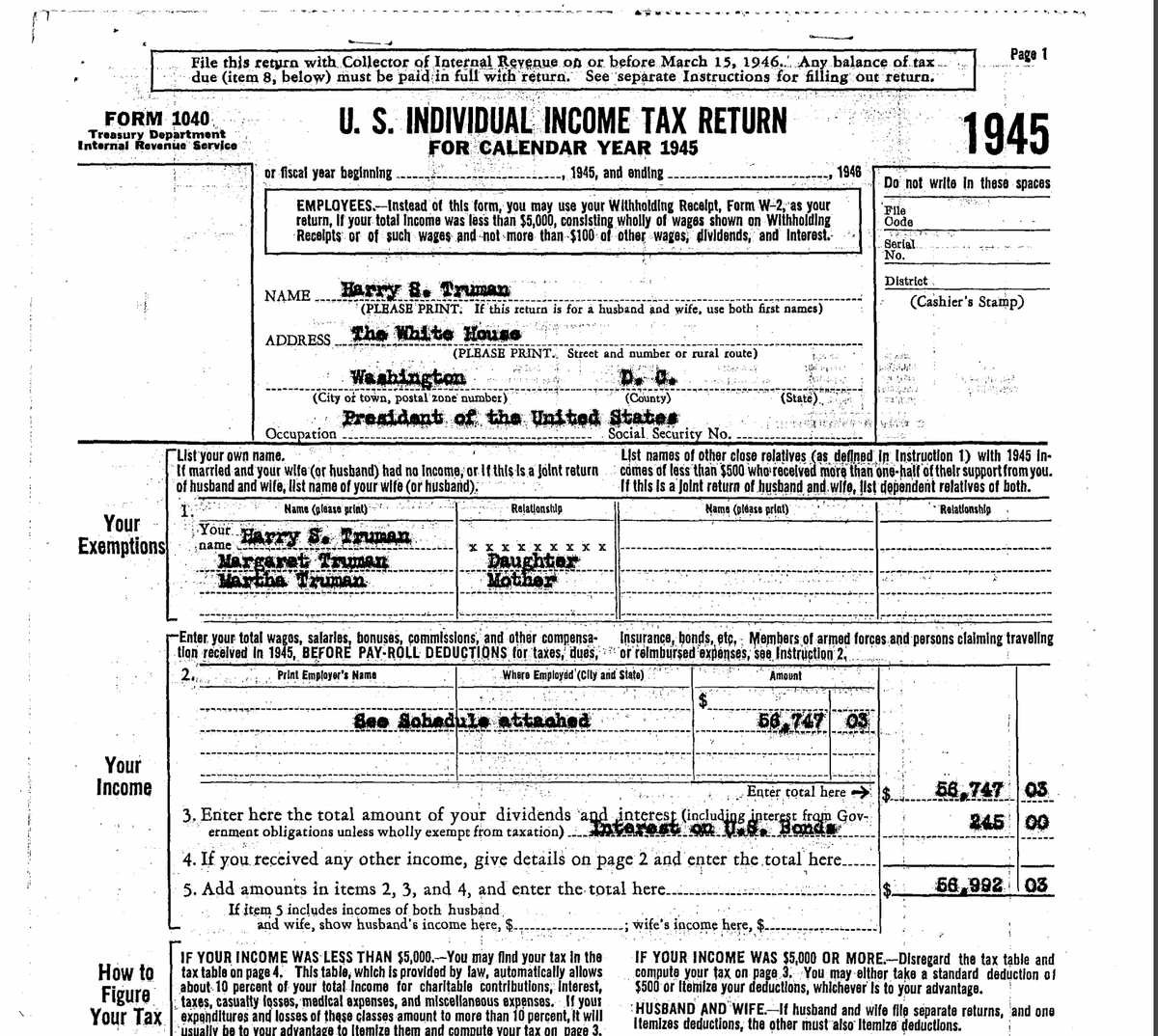Fifty years ago, a journalist-turned-futurist named Alvin Toffler published Future Shock, a treatise on life in the new Information Age that became one of 1970's biggest bestsellers. The book, along with Toffler's later works, earned him the admiration of tech leaders like AOL's Steve Case and politicians like Al Gore and Newt Gingrich. (Toffler's wife Heidi was his close collaborator and co-author of some if not all this work, although she did not get public credit for most of it.)
Toffler's prose was florid (one reviewer of Future Shock called it "a high school term paper gone berserk") and some of his predictions were over the top. But others were eerily prescient, especially his declaration in 1970 that computers and other electronic media were driving the modern world into a state of “information overload,” leaving human brains scrambling to keep up.
That catchphrase never seemed truer now, in early October 2020. It is impossible to keep up nor fully process the relentless battering of news: the death of Justice Ruth Bader Ginsburg, the nomination of Amy Coney Barrett, the revelation of Trump's long-hidden tax returns, the chaotic first presidential debate, the escalating invective and endorsement of hate by a sitting president, the challenges to the electoral process, and then--like a cherry on top of the sundae--the news that the President and First Lady tested positive for Covid-19. As I write this, the Leader of the Free World remains hospitalized, his condition not entirely clear.
Our brains were not built for any of this. Much less my historian brain, which in the last ten days has ricocheted from the history of the Supreme Court to tax returns to presidential illness to the fun parlor game of which election was the most chaotic--1800? 1860? 1876? 1968? 2020? This one is giving the others a run for their money, and we still have no idea how it ends.
So if your head hurts from attempting to process the news, you are not alone. But resist the urge to look away. When America has been made fairer and better, it's because people looked honestly at the state of the nation. They didn't take democracy for granted, nor accept the status quo. They mobilized, marched, and voted.
Don't let your overloaded brain keep you from holding onto that.
Recent writing & media
If information overload is the malady, then my cure has been....er...producing more information? I've been doing lots of writing, podcasting, and virtual talks from the desk at the corner of our bedroom. Here's some of it.
Op-eds
The Last Days of the Tech Emperors? I know, I know, it seems like it was years ago, but a mere nine weeks back four CEO-billionaires testified (virtually) before a House committee in a tech hearing that was strikingly different from what has come before. I wrote about the hearing and the history behind it in late July.
Graeme Jennings / AP
The Conventions Hit Closer to Home This Year: I was so pleased to write the essay that accompanied Damon Winter's extraordinary photos of the "coronavirus conventions."
Damon Winter for The New York Times
A Brief History of the Taxpayer in Chief: The Times' publication of a major investigation into President Trump's long-hidden tax returns prompted my dive into the presidential tax returns of times past. They tell us a lot about the men who filed them, the job of president, and the government s/he serves.
Podcasts & radio
I spoke to NPR's All Things Considered about the tech hearings, and had this podcast conversation with Crosscut about it too.
Had a great conversation with Annie Galvin and Meredith Broussard about Silicon Valley's myths, realities, and why everyone needs to take a deep breath when it comes to driverless cars. It was part of the excellent new podcast Public Books 101, which devoted its first season to past, present, and future of the internet.
Listen to me and Meredith, then check out the full season. You can find it on Spotify, Apple, or Stitcher.
What are history's lessons for what science and technology during Covid-19? I was part of a roundtable discussion exploring that topic, sponsored by Slate's Future Tense and the New America foundation. Here's a recap of the session as well as a link to the recording.
Webcasts
Can it Happen Here? a forum organized by the UW History Department on policing, protest, and the deployment of federal troops to American cities, featuring my UW colleagues Laurie Marhoefer (History), Lisa Manheim (Law). Glennys Young (History), and me.
Election 2020: The State of the Race and Crisis Elections, featuring Yamiche Alcindor, Larry Sabato, David M. Kennedy, and me, sponsored by the Miller Center at the University of Virginia
Reimagining the Corporation, hosted by the Center for the Advanced Study of Behavioral Sciences at Stanford, featuring Paul Brest, Colin Mayer, Shona Brown, and me.
The Role of Big Tech in a Covid-19 World: a great conversation with Dan Moulthrop at the Cleveland City Club, simulcast on radio. Cleveland, I'll come visit when this is all over!
In September, I interviewed Jill Lepore, professor of history at Harvard and staff writer at The New Yorker, about her latest, If Then, for an online event hosted by Town Hall Seattle. The book uncovers the extraordinary story of the Cambridge Analytica of the 1960s, a data-forecasting firm called Simulmatics, and it's a thrilling--and sobering--tale of tech and politics that you have to read to believe.. Thanks to Vedica Kant for this shot of me and Jill in action.

(And yeah, I know, I really need to change out my Zoom Shirt more often.)
Up next
Judging from the first four days of it, October assuredly has many surprises still in store. All I know for sure is that I have some great public events upcoming on my calendar. I'd love to have you tune in; you can sign up at the link embedded in each event title.
Election 2020: Critical Tech Policy Issues - Tuesday, October 6, 11AM Pacific
Join me as I moderate this fantastic panel put together by the Computer History Museum as part of its election-year events series. I'll be talking tech, policy, and what's next with Judy Estrin, Congressman Ro Khanna, Mariana Mazzuccato, and Anne-Marie Slaughter.
Velvet Sweatshops & Algorithmic Cruelty: Labor in the Global Tech Economy - Tuesday, October 6, 5PM Pacific
Sponsored by the Harry Bridges Center at UW, this event will feature Mary Gray (co-author of Ghost Work) and me in conversation about the global landscape of tech work, along with a report from Kimberly Earles on gender in the Seattle tech industry that you won't want to miss.
Lego Man is very upset about the state of the world. H/T Andrew Hedden.
More events to come on the election (and its aftermath), on tech, on history. Stay tuned!
P.S. If you are a UW student, I'm not teaching this fall but will be in Winter Quarter, when you can sign up for my course on the history of the American presidency and a NEW course on the history of the digital age. In Spring Quarter, I'll be teaching my modern US history survey as well as a seminar for History majors and minors on America in 1968 (like 2020, a year so eventful that it fills an entire ten-week course). Check my teaching page for latest details.
P.P.S. If you want to receive these periodic updates and dog photos in your inbox, provide your email address and hit the big yellow subscribe button below.

Zuka, always thirsty for more information.





